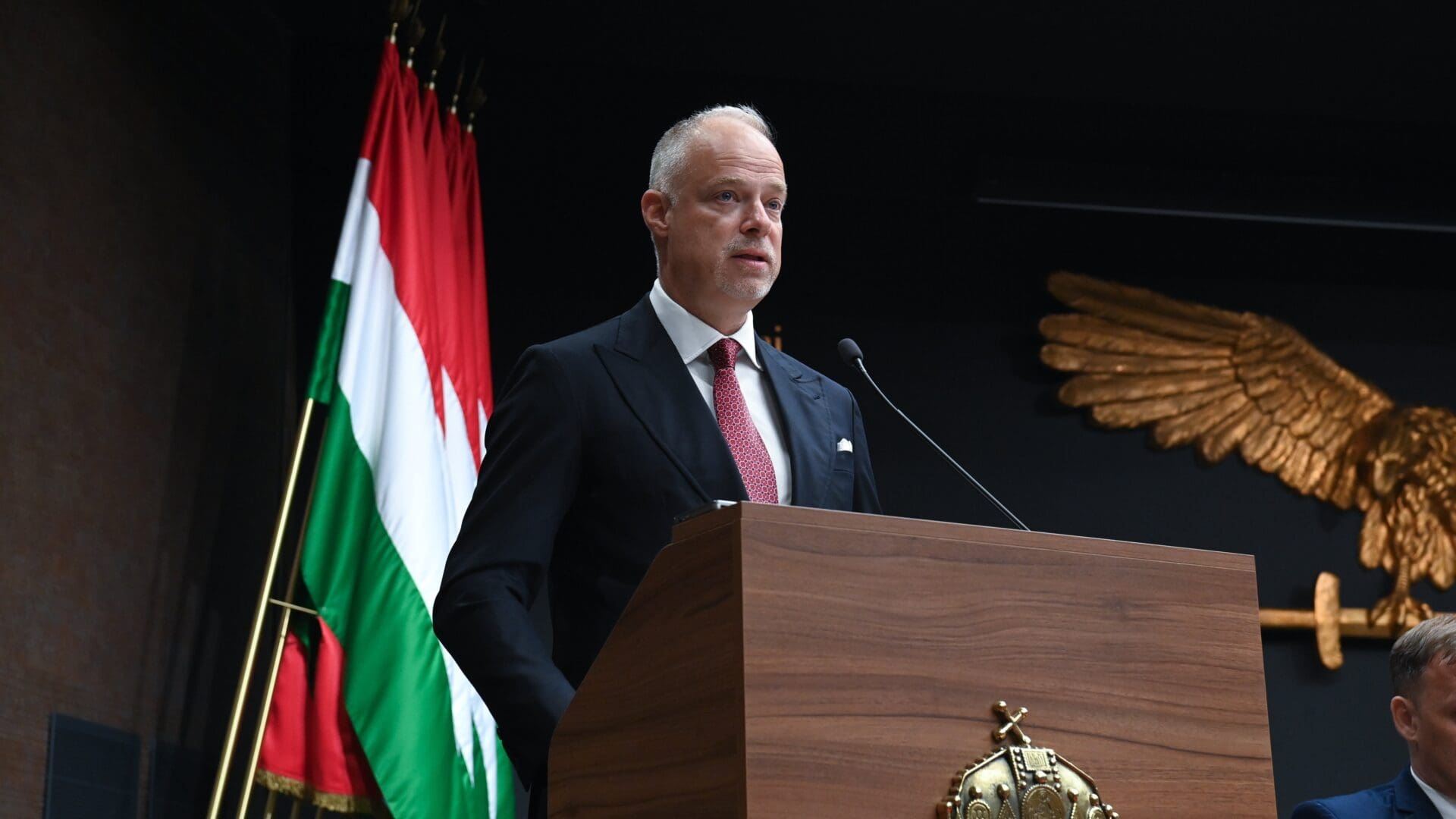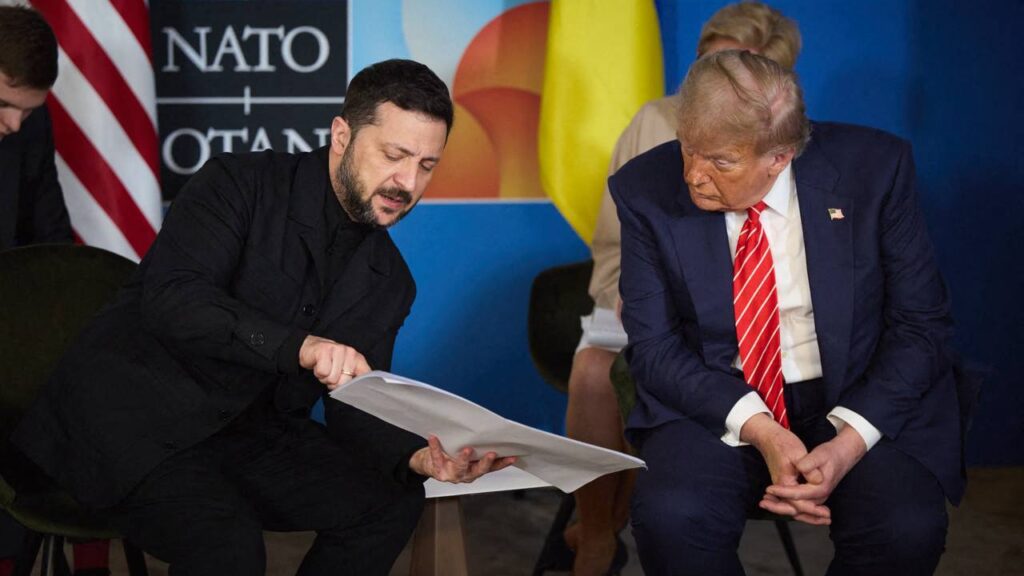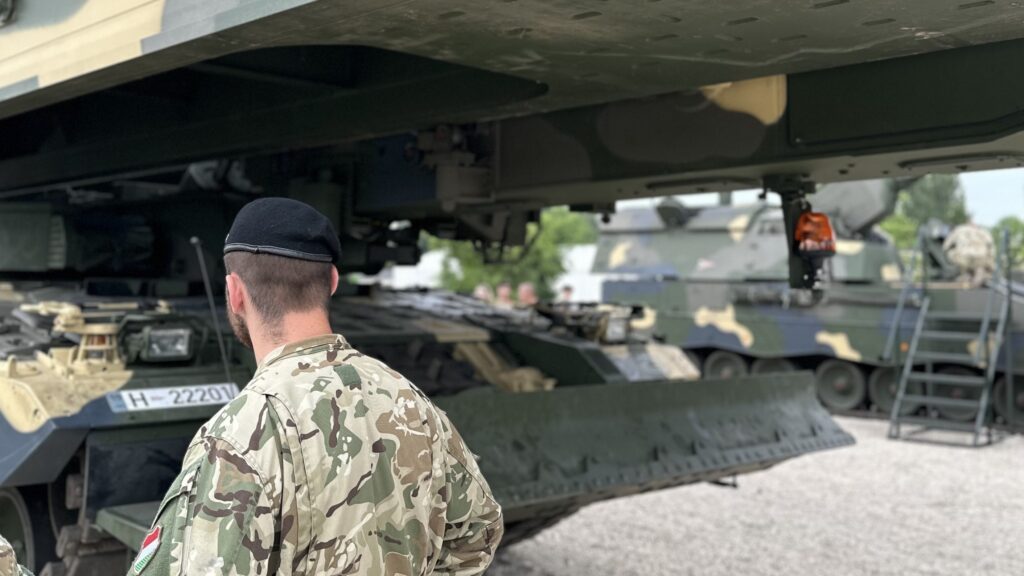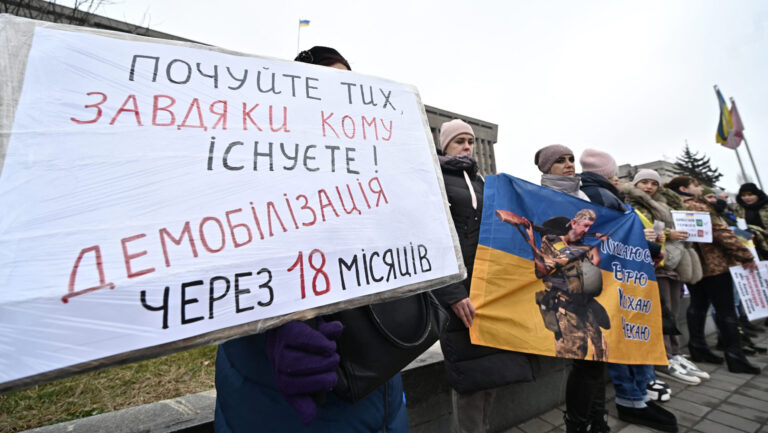Hungary is a committed member of the NATO alliance, the Minister of Defence declared at the annual military and air attaché conference in Budapest on Monday.
However, unlike most NATO member states that advocate for a military solution to the Russo-Ukrainian conflict, Hungary stands for a ceasefire and peace negotiations, in other words, it stands for peace, Kristóf Szalay-Bobrovniczky stated. Despite facing significant pressure to support a military solution, Hungary follows its own sovereign path in this matter, the minister added. He noted that just as the pandemic ended, the Russo-Ukrainian started, and tensions have also resurfaced in the Balkans. Furthermore, power competitions have disrupted the established world order of the past decades. On top of all that, migration also affects the security of the Hungarian people, he said.
In this situation, the task of military diplomacy is to find national, sovereign solutions to these challenges, he highlighted. According to the minister, in addition to the Russo-Ukrainian war, the Serbia-Kosovo conflict is of particular importance to Hungarian national security. In addition, Europe is threatened by armed conflicts emerging in the Middle East and Africa, which favour extremist Islamist jihadist movements, and armed terrorists may appear in Europe due to migration, Szalay-Bobrovniczky stated.
Therefore, Hungary believes that the problems should be solved not at Europe’s borders but at their places of origin.
The minister emphasised that under the changed circumstances, the development of the Hungarian armed forces is progressing dynamically, confidently, and systematically, which does not only mean acquiring equipment. He added that a military force development has never had such social, political, and economic support as now, reminding that the government began the comprehensive development of the Hungarian military a decade ago and the process has been ongoing continuously since then.
In addition to the professional armed forces, a territorial defence component is set to be established to serve the effective defence of the homeland. Furthermore, the building up of the domestic defence industry is making significant strides as well, both in terms of production and research and development.
The minister underscored that the Hungarian defence industry is creating jobs, is contributing to rural development, and at the same time, to the preservation of the sovereignty of the Defence Forces by securing domestically manufactured products for the replenishment of supplies. He highlighted that overall, Hungary already spends close to two per cent of its GDP on defence.
Minister Szalay-Bobrovniczky reminded that Hungary actively participates in NATO operations, including KFOR in Kosovo, the air policing of the Baltic states. In addition, the Hungarian Air Force contributes to air policing tasks in Slovakia.
The minister remarked that as in the second half of 2024 Hungary will assume the rotating presidency of the EU, which will provide an opportunity to place security policy considerations at the forefront.
In response to criticism of the ministry‘s policies in social media, the minister declared: ‘It is not Facebook warriors we need, but rather brave, patriotic, clear-minded Hungarian soldiers who are capable of breaking free from the employee-in-uniform mentality and moving the Hungarian Armed Forces towards the creations of a real, combat-ready military organisation, towards a new Hungarian Defence Force.’
Related articles:








